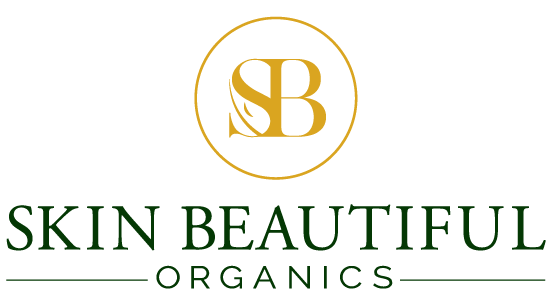What Are Alcohols Doing In My Skincare Products?
I know what you’re thinking. What - alcohols?! No way.
Most natural and organic skincare enthusiasts frown upon the word “alcohol” in their skincare products. Alcohols do not have a good reputation when it comes to skincare due to their drying effect, which is contrary to what we are trying to achieve in a healthy, dewy-looking, and plump skin. Is there really a place for alcohols in our arsenal of natural skincare?
Let me help break this down. There are 2 types of alcohols: non-fatty and fatty alcohols. Examples of non-fatty alcohols used in skincare are ethanol and isopropyl alcohol, which serve as solvents to help ingredients penetrate into the skin. While deeper penetration of skin-loving ingredients sounds exactly what we want, these alcohols unfortunately are very strong and drying. On the other hand, the fatty alcohols, such as cetyl and cetearyl alcohols act as emollients to soften and moisturize the skin and protect the skin against irritation, as emulsifiers to combine oil and water, and as thickeners to regulate the texture and viscosity of the product for the best suitable application. Fatty alcohols make the creams feel smooth and creamy during application. So the next time you see cetyl and cetearyl alcohols in your skincare ingredient, don’t panic! They are non-toxic and deemed safe both by the Environmental Working Group (EWG) and the US FDA Code of Federal Regulation.
Benzyl alcohol is sort of an outlier, as it does not fit in either non-fatty (solvent) nor fatty alcohol (emollient) categories. In EU benzyl alcohol is considered an allergen, but at the same time it is an approved preservative for natural skincare products. I believe that preservatives are a very important ingredient in any skincare product that should not be overlooked, just because the product is natural or plant-based. Anywhere there is water, there is life. This means living microorganisms such as bacteria and molds could harbor in your skincare products, if ingredients include water or if water accidentally gets in your product during face-washing or shower. There are other natural and non-toxic preservatives available now, so benzyl alcohol is not the only choice.
Botanical extracts is another outlier. In order to extract the nutrients from plants, we use solvent to accomplish the job, but there is no possible way to remove alcohol from the resulting extract that contains the beneficial properties of the plans that we want to put on our skin. We found that using high quality solvent does not produce undesirable results and still accomplishes the objective.
Our products use a naturally-derived fatty alcohol from coconuts and other plant-based source to ensure our products are clean, natural and effective. They are, as we now know, are emollients that soften, condition and moisturize the skin. Just because there is a chemical- sounding element in the ingredient or alcohols, it doesn’t automatically mean it is bad or harmful or synthetic. Remember that plants provide us with a wide array of chemicals, so it is also inaccurate to think that we don’t want chemicals in our skincare products. Natural or organic skincare products are not always good if there are no effective preservatives to keep the bacteria and molds out of your face and if there is no effective way to extract the nutrients from plants which can only be done with alcohol.

